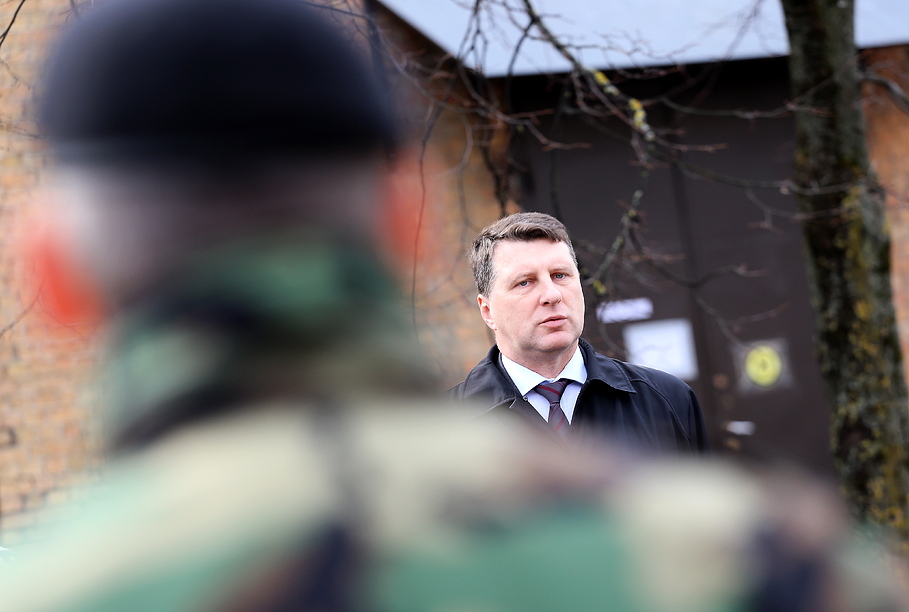Latvia’s current financial obligations in keeping the BAP jets patrolling Baltic skies and ready to scramble against Russian incursions of airspace have run around €1m, however the mission’s expansion with additional jets in reaction to the geopolitical tension in Ukraine has prompted an imperative increase in funding.
“As the situation hasn’t turned for the better, an increased number of planes will be provided. Thus we plan from next year to increase funding for securing patrol flights. Starting next year we will be paying about €3m annually. It must be understood that this does not cover the entire cost of patrolling, as those states that ensure the patrols cover most of their expenses from their own budgets. Altogether it will total €9m that the three Baltic states will pay in their contribution,” the defense minister explained.
Vējonis also reminded the committee members that a significant increase in the number of scramblings of BAP jets has been prompted by Russian armed forces skirtings of Baltic airspace this year.
The Lithuanian Air Force Base in Siauliai, northern Lithuania, on September 1 hosted the official rotation ceremony of contingents in charge of NATO's Baltic air policing operation.
Having guarded the Baltic skies for the last four months, Polish and British troops handed over the operation to Portugal and Canada. Arriving for the second time, Portuguese troops will safeguard the Baltic airspace with six F-16 Fighting Falcon fighter jets. They will be assisted by four CF-18 Hornets of the Royal Canadian Air Force.
As of September 1, the security of the Baltic airspace will also be strengthened by German troops deployed in Amari, Estonia, and Dutch military stationed in the air base of the Polish Air Force in Malbork.




























